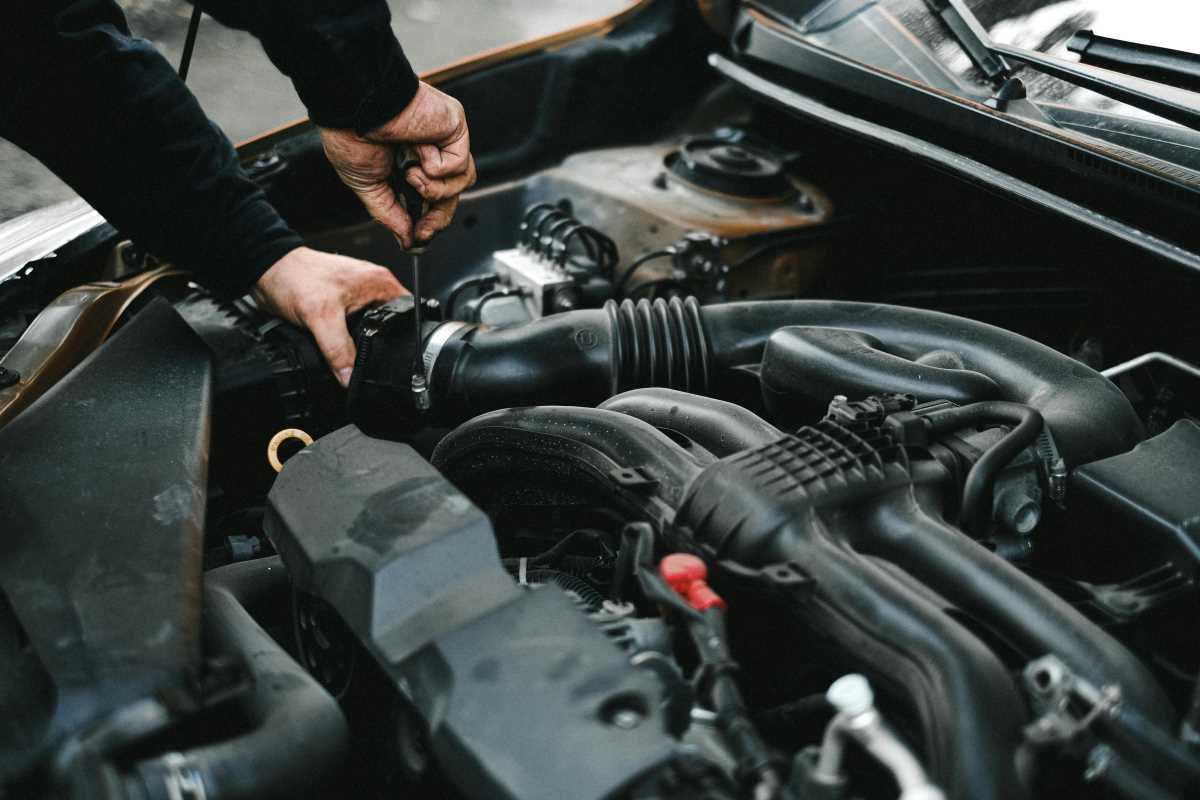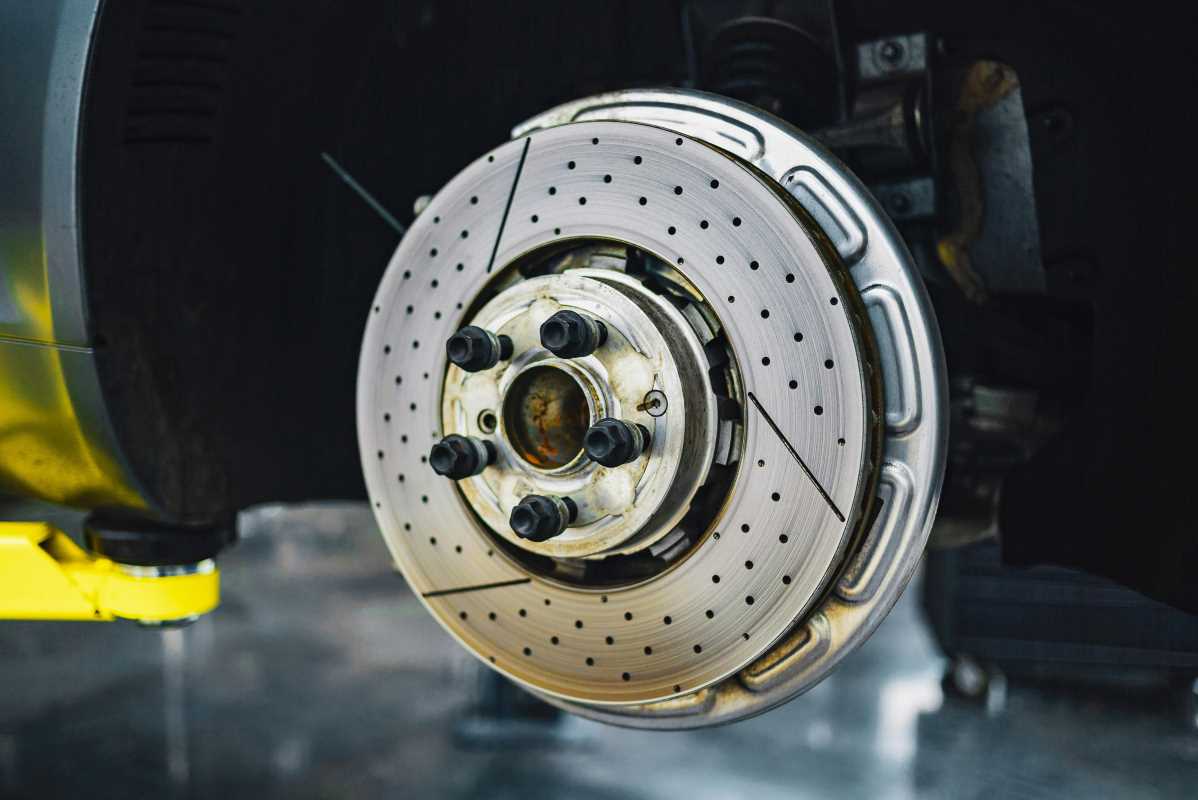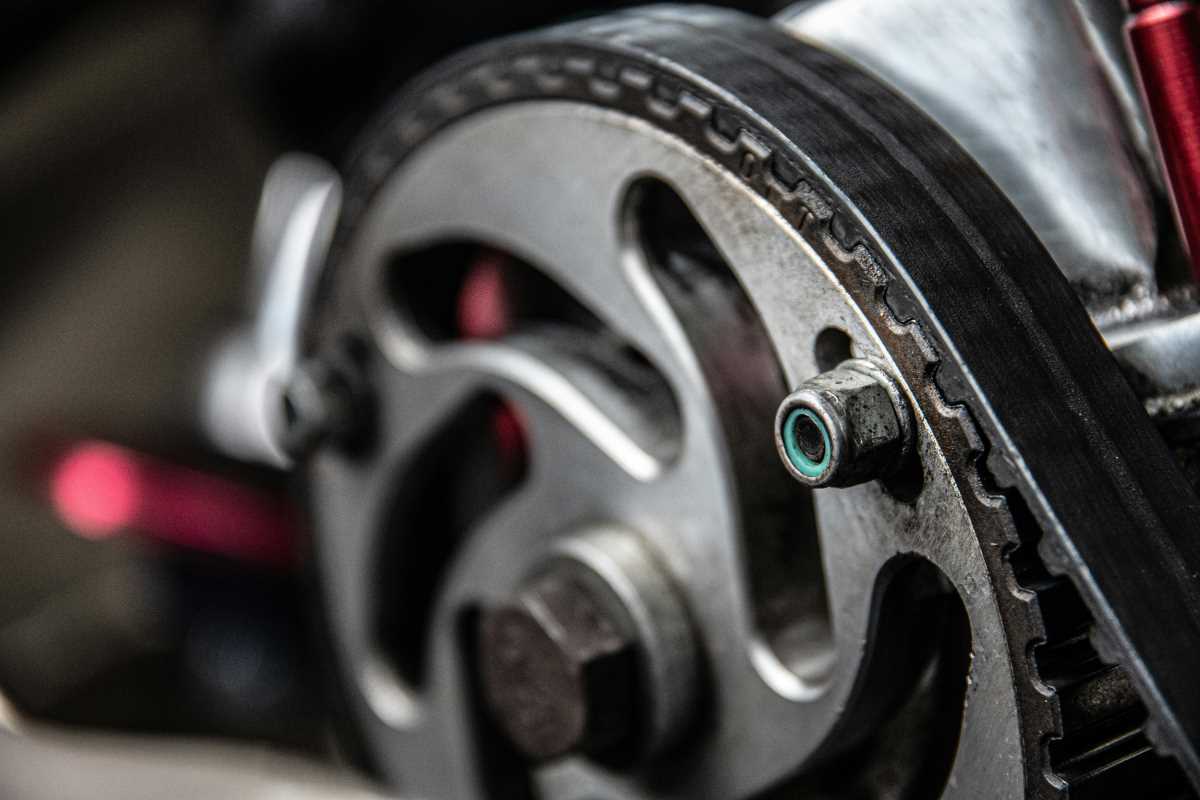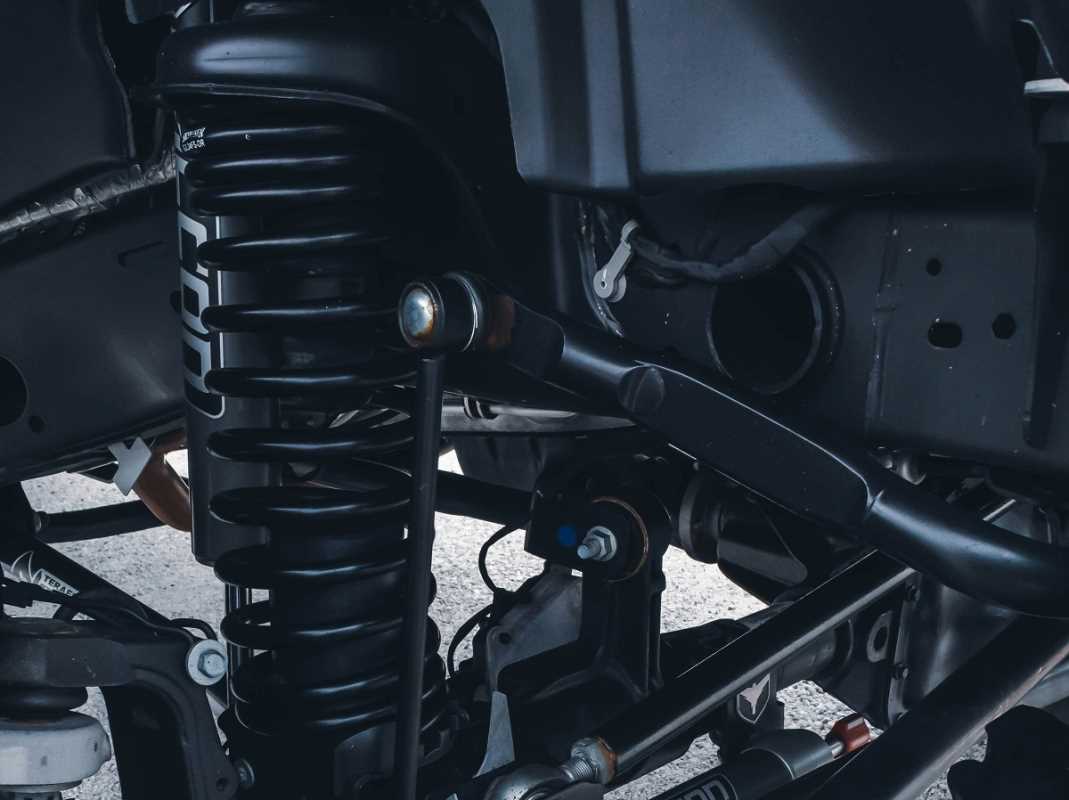Cars are complex machines, and even the slightest change in performance or condition can indicate that something isn’t quite right. Learning to recognize the signs of car trouble and knowing what steps to take can save you from stressful breakdowns and expensive repairs. To make this easier, we’ve put together an FAQ guide to help you identify and respond to common car trouble signs.
1. What Do Unusual Noises Mean?
Strange noises are often one of the first clues that something is off with your car. Paying attention to these sounds can help you pinpoint the problem.
- Squealing or screeching noises when braking: This usually points to worn brake pads. If ignored, the noise could turn into metal-on-metal grinding, which can damage your rotors.
- What to do: Schedule a brake inspection right away. Replacing brake pads is much cheaper than repairing damaged rotors.
- Knocking sound from the engine: This could indicate low oil levels or a problem with your engine’s internal components, such as worn bearings or a failing piston.
- What to do: Check your oil level and top it off if necessary. If the noise persists, have your car inspected by a professional.
- Whining noise when turning the steering wheel: This often signals a problem with the power steering system, such as low fluid or a failing pump.
- What to do: Check your power steering fluid. If it’s low or discolored, refill or replace it. If the issue continues, have the system checked for leaks.
Remember, any unusual noise is your car’s way of asking for attention, so don’t delay addressing it.
2. What Do Dashboard Warning Lights Mean?
Modern vehicles are equipped with dashboard warning lights to alert you to potential problems. Here's what some of the most common ones mean:
- Check engine light: This light can indicate anything from a loose gas cap to a failing oxygen sensor or catalytic converter.
- What to do: Don’t ignore it! Have the code read at an auto parts store or by a mechanic to determine the exact cause.
- Battery warning light: This typically means your charging system isn’t working properly. It could be an alternator issue or a problem with the battery itself.
- What to do: Inspect your battery and alternator. If you’re unable to jump-start or recharge the battery, have it replaced or take your car to a mechanic.
- Temperature warning light: When this light illuminates, your engine is overheating.
- What to do: Pull over immediately, turn off the engine, and wait for it to cool before checking the coolant level. Don’t drive until the issue is resolved, as overheating can cause severe engine damage.
Pro Tip: Familiarize yourself with the symbols in your owner’s manual so you’re prepared when warning lights appear.
3. What Should I Do If I Notice a Fluid Leak?
Your car relies on multiple fluids to function, and leaks often signal trouble. Identifying the type of fluid can help determine the problem.
- Oil leak (brown or black puddle): Oil leaks can come from worn gaskets, seals, or even the oil pan.
- What to do: Check your oil level and top it off if needed. Have a mechanic inspect the source of the leak to prevent engine damage.
- Coolant leak (bright green, orange, or pink puddle): A coolant leak may stem from a cracked hose, faulty radiator, or loose clamp.
- What to do: Never drive with low coolant, as this can cause your engine to overheat. Have the cooling system repaired immediately.
- Brake fluid leak (clear to yellowish fluid): This is a serious issue, as it can compromise your ability to stop the car safely.
- What to do: Avoid driving until the leak is repaired. Your brakes rely on sufficient fluid pressure to function effectively.
Important Reminder: Pay attention to where the puddle forms (e.g., under the engine, near the wheels) for clues about its source.
4. Why Is My Car’s Performance Changing?
A sudden or gradual change in performance is often a sign of underlying trouble. Here are some common performance issues and what they could signal:
- Loss of power: If your car struggles to accelerate, the issue could involve your fuel system (such as a clogged filter), spark plugs, or even your transmission.
- What to do: Conduct basic checks, such as replacing the air filter, and consult a mechanic if the issue persists.
- Poor fuel efficiency: If you’re filling up more often than usual, it may point to underinflated tires, a dirty air filter, or a failing oxygen sensor.
- What to do: Check your tire pressure and replace filters as needed. If the problem continues, schedule diagnostics for your engine components.
- Rough idling or stalling: These issues may result from faulty spark plugs, a failing ignition coil, or a dirty throttle body.
- What to do: Replacing spark plugs often resolves the issue. However, a professional inspection may be needed for more complex problems.
Tip: Don’t ignore performance issues, as they rarely resolve on their own and could worsen over time.
5. What Do Unusual Smells Indicate?
Strange odors often signal serious problems. Here's how to decode these smells and what you should do:
- Burning rubber smell: This could mean a slipping drive belt or overheating hoses in the engine.
- What to do: Pull over and check your belts and hoses for damage or looseness. Avoid driving further until the problem is addressed.
- Rotten egg smell: This usually indicates a failing catalytic converter or an imbalance in the fuel/air mixture.
- What to do: Visit a mechanic immediately, as this issue can impact both your car’s performance and emissions.
- Sweet smell (like maple syrup): This often points to a coolant leak.
- What to do: Inspect your coolant levels and check for visible leaks. Act quickly to avoid overheating your engine.
- Burning carpet smell: This odor might indicate overheated brakes, especially if you’ve been driving down a steep hill.
- What to do: Allow your brakes to cool before continuing, and have them inspected if the smell persists during normal driving.
Unusual smells should be treated seriously, as they may point to overheating, leaks, or damaged components.
6. Should I Worry About Vibrations or Shaking?
If you feel unusual vibrations while driving, it’s crucial to investigate. They can stem from various issues:
- Steering wheel vibrations: Often caused by tire imbalance, misalignment, or worn suspension components.
- What to do: Check your tires for uneven wear and have them balanced or aligned.
- Shaking during braking: This is a common sign of warped brake rotors or worn brake pads.
- What to do: Schedule a brake system inspection promptly.
- Engine vibrations: Rough idling or vibrations in the engine can result from faulty spark plugs, a clogged fuel injector, or a failing motor mount.
- What to do: Have your engine inspected and serviced to address the root cause.
Driving with ongoing vibrations can damage your car further, so addressing them early is key.
7. When Should I Seek Professional Help?
While some car trouble signs can be resolved with DIY solutions, others require professional attention.
Call a Mechanic If You Experience:
- Persistent warning lights that you can’t resolve.
- Loud or unusual noises that don’t go away.
- Vibrations, especially when tied to the engine or steering system.
- Sudden changes in performance without an obvious cause.
Safety First: If you’re unsure about the severity of an issue, always err on the side of caution and seek expert advice.
 (Image via
(Image via





